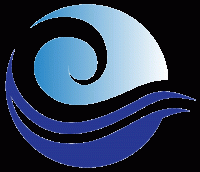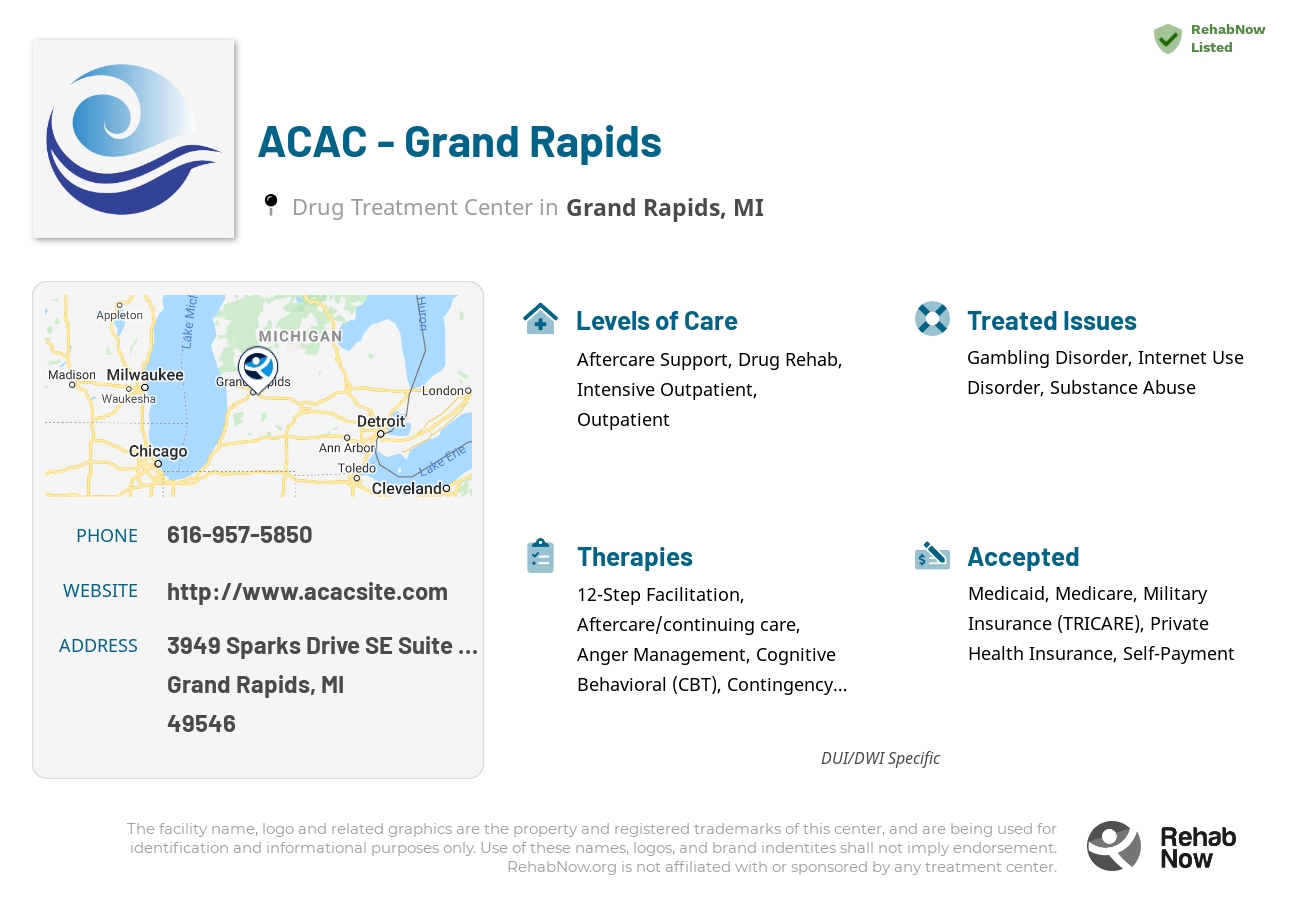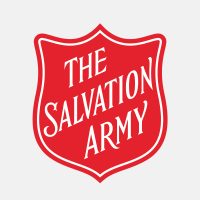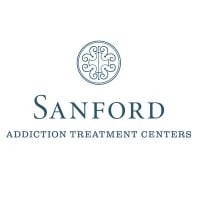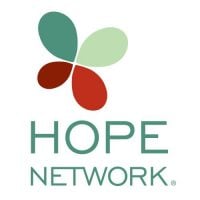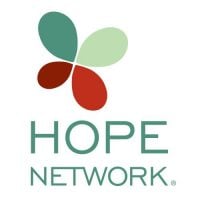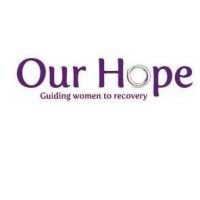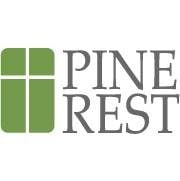ACAC - Grand Rapids
Drug Rehab Center in Grand Rapids, Michigan
ACAC - Grand Rapids is an addiction treatment facility in Grand Rapids, Michigan that offers specialized services for substance abuse, dual diagnosis, mental health, and more, with a team of qualified professionals and various treatment options including detox and therapy.
About This Grand Rapids, MI Facility
ACAC – Grand Rapids is an addiction treatment facility in Grand Rapids, Michigan that offers specialized services for those suffering from substance abuse, drug addiction, dual diagnosis, opioid addiction, alcoholism, and mental health issues. They provide a range of treatment options that include comprehensive aftercare support and levels of care such as detox, intensive outpatient, outpatient, and drug rehab. In addition to these services, ACAC - Grand Rapids also accepts private health insurance.
ACAC – Grand Rapids utilizes evidence-based methods to provide comprehensive, individualized, treat-all care. They have a team of qualified professionals that includes nurses, psychiatrists, and certified addiction specialists. Their highly recognized and accredited programs provide comprehensive care with a wide range of therapeutic approaches that include cognitive-behavioral therapy, mindfulness, trauma-informed care, and dialectical behavior therapy. They are licensed and accredited by the Joint Commission and the State of Michigan, which is a testament to the quality of care they provide.
Genders
Ages
Modality
Additional
Conditions and Issues Treated
Rehab centers exist in Grand Rapids, MI to help individuals bounce back from substance abuse, which is an umbrella term for drug and alcohol addiction. Drug addiction refers to the use of illegal drugs and improper use of prescription drugs. Centers like ACAC - Grand Rapids provide individuals a chance to access individual and group therapy that can be monumental for recovery.
Substance abuse includes all problems that stem out from using various psychoactive substances. It is also a diagnostic term used by Diagnostic and Statistical Manual of Mental Disorders (DSM-IV) to define the mental and physical impairment or distress caused by misuse and overuse of certain substances in a period of 12 months.
Levels of Care Offered
This center offers a variety of custom treatment tailored to individual recovery. Currently available are Aftercare Support, Drug Rehab, Intensive Outpatient, Outpatient, with additional therapies available as listed below.
Intensive outpatient programs mostly conduct meetings on weekdays. Group therapy is the main element in most intensive outpatient programs. Most IOPs last for about 90 days and include drug use monitoring and testing. A Michigan IOP, like what’s offerd at ACAC - Grand Rapids, take much more time than a standard outpatient program. Some programs offer other services as well, such as employment assistance and medication management.
Outpatient treatment can be considered the lowest intensity level of addiction treatment in Grand Rapids, MI. It is ideal for early phase addiction or lower intensity addictions. ACAC - Grand Rapids peer group support, 12-step programs, and individual counseling may still be involved.
After treatment, addiction treatment can be frightening for newly sober people. Aftercare support provided by ACAC - Grand Rapids is designed to give resources and help on a continued basis. It can involve finding housing in and around Michigan, setting up 12-step meeting groups, continued medical monitoring, and counseling.
ACAC - Grand Rapids‘s Therapies & Programs
Couples therapy is an approach wherein the patients and their partners are engaged together as a part of the treatment process. When a person becomes a victim of substance abuse, it affects the patient and the people around him, particularly his partner. Their relationship can become strained due to lack of communication, financial issues, loss of trust, lack of intimacy, and physical abuse in more severe cases.
Couples therapy addresses these issues and tries to rebuild the trust between the partners. The partner’s involvement in the process will result in greater chances of treatment success and sustained recovery.
Family therapy is a set of therapeutic approaches that assumes that the entire family is a system. It utilizes the strengths and resources of the family to help the patient refrain from resorting to substance abuse. It helps to repair relationships and improve communication between family members.
Group therapy happens at ACAC - Grand Rapids in a controlled group environment, as opposed to a one-on-one setting. It supports Grand Rapids, MI patients’ recovery by offering a sense of comfort and letting them know that they are not alone. Through shared conversations, patients also learn to develop faith and understanding and gain insight on their addictions.
Unresolved trauma is often a key reason why many patients resorted to substance abuse. Trauma therapy refers to treatment wherein specialist therapists help the patients to resolve the trauma that led the patients to substance abuse. The trauma could be physical abuse, sexual abuse, war, natural disasters, divorce, accident, loss of a loved one, etc. Thinking of these traumatic events causes emotional disturbances like anxiety, depression and results in addiction. If trauma is the primary cause of substance abuse, then both issues must be addressed. Otherwise, there is a risk of relapse. Trauma therapy also improves the cognitive functions and provides long term benefits.
Dialectical Behavior Therapy (DBT) is an improved version of Cognitive Behavioral Therapy (CBT). DBT is a treatment of choice for people suffering from self-harming behaviors characterized by cutting and suicidal thoughts or inclinations.
This treatment is developed to help individuals recognize their thought patterns, behaviors, and feelings. It has demonstrated its effectiveness for people that are finding it difficult to control their emotions and urges. Conditions such as obsessive-compulsive disorder and borderline personality disorder also benefit from DBT as it imparts individuals stress-management techniques and enhanced self-esteem so they can sustain their sobriety by reducing the impact of triggers and out-of-control emotions.
Cognitive behavioral therapy (CBT) is a way of addressing concerns through talking. It can be used in individual counseling sessions. Talking through issues with professionals at ACAC - Grand Rapids can identify sources of discomfort or unhealthy thoughts. It is a way of learning about yourself and your individual perceptions. CBT is a healthy way of addressing some behaviors which may be bringing unintended consequences in your life.
Rational Emotive Behavior Therapy (REBT) sees a person suffering from substance addiction to have illogical reasoning, counterproductive actions, and does not see things clearly. Due to this, REBT deals with cognition, images, and behavior extensively to rectify the client’s bad habits. REBT pushes an individual to become more reasonable and choose a life without the repercussions of addictions.
Patients at ACAC - Grand Rapids in Grand Rapids, MI learn how to self-soothe by conducting rational self-counseling. REBT provides their patients with the skill sets necessary in handling problems all by themselves, without seeking professional help. The process calls for practice, reiteration, and bolstering the new way of thinking being introduced to the patient.
Contingency management is a way to help motivate someone to remain substance free. It is a process of rewarding positive choices and good outcomes. As humans we are wired to recreate experiences that lead to positive feelings. Through this method incentives are used for completing positive steps towards a sober life. This may be a reward for attending meetings, remaining sober or for employment goals.
Payment Options Accepted
For specific insurance or payment methods please contact us.
Is your insurance accepted?
Ask an expert, call (888) 674-0062
Additional Details
Specifics, location, and helpful extra information.
Grand Rapids, Michigan 49546 Phone Number(616) 957-5850 Meta DetailsUpdated November 25, 2023
Staff Verified
What else do people call ACAC – Grand Rapids?
People have occasionally also searched for “Alcohol and Chemical Abuse Consultants (ACAC) in Michigan”
Patient Reviews
There are no reviews yet. Be the first one to write one.
Grand Rapids, Michigan Addiction Information
Michigan has the second-highest rate of drug and alcohol abuse in the nation. Heroin is linked to more than 50% of the state's hepatitis C cases. Marijuana is the drug most often associated with crimes in Michigan, followed by methamphetamines. Opioids alone are responsible for almost 20% of all drug overdose deaths in Michigan.
In 2012, there were 97 drug-related deaths in Grand Rapids, Michigan. There are 9,518 hospitalizations due to drug abuse that same year. The most common drugs of abuse are heroin, marijuana, and prescription drugs. There are many different types of drug addiction, and each one requires a specific approach to treatment. The goal of treatment is to help the individual overcome their addiction and learn how to live a sober life.
Treatment in Nearby Cities
- Owosso, MI (70.8 mi.)
- L'anse, MI (300.9 mi.)
- Tecumseh, MI (104.2 mi.)
- Farmington Hills, MI (115.6 mi.)
- Kincheloe, MI (238.0 mi.)
Centers near ACAC - Grand Rapids
The facility name, logo and brand are the property and registered trademarks of ACAC - Grand Rapids, and are being used for identification and informational purposes only. Use of these names, logos and brands shall not imply endorsement. RehabNow.org is not affiliated with or sponsored by ACAC - Grand Rapids.
